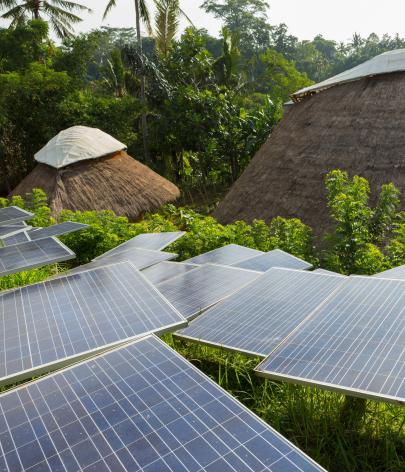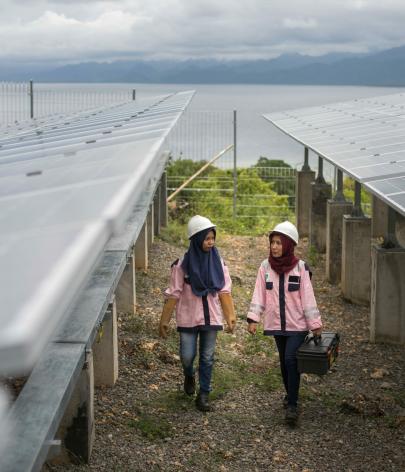Breadcrumbs
Thailand
Clean power is critical for hedging against gas risk in Thailand
Thailand’s electricity policy has primarily focused on reducing its reliance on gas for electricity generation. It has mainly approached this by promoting the uptake of alternative renewable energies, especially bioenergy and—more recently—wind and solar. Meanwhile, its share of coal power has fluctuated around 20%.
Thailand currently has about 6 GW coal power capacity in operation, representing only 12% of the total installed capacity – much lower than its coal-dependent Asian neighbours, such as China, Indonesia, and India.
Thailand’s national utility (EGAT) recently announced its plan to replace its two proposed coal-fired power plants with two gas-fired power plants in Surat Thani. This is likely to deepen the country’s reliance on gas for electricity generation – the opposite of the country’s energy policy’s stated intentions. Thailand may like to consider ramping up its domestic clean power deployment as a hedge against volatility in the international energy market.
Last updated: March 2022
Progress towards clean power targets
Thailand
2000–2040
Data



